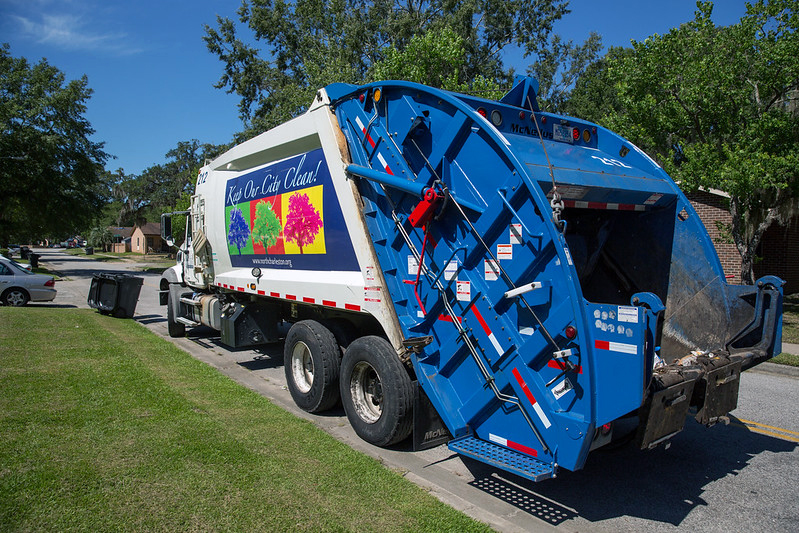
Since ancient times, cities have wrestled with problems created by human waste and household trash. Until the late 1800s in the U.S., the solution to the first problem was outdoor privies, even in crowded cities like New York. And, believe it or not, a common solution to the second was to dump food scraps and other trash onto the streets. At one point, New York employed an army of pigs to eat these piles of garbage.
Add to this the wastes dropped on the street by horses, which were the urban conveyance at the time, and you can imagine the stench, pedestrian hazards, and health problems created by privies and foul streets. (Add one more: Children played in the streets. Little wonder the death rates were so high for poor children in cities.)
What changed things in one city after another in the late 1800s and early 1900s was the acceptance of germ theory, which is the knowledge that microorganisms spread disease and that unsanitary conditions facilitate the spread. One of the great breakthroughs came in London in 1854, when a doctor connected an outbreak of the deadly cholera disease to a single water source, a well that had become contaminated by human and animal wastes.
It took years, though, for cities to accept the obvious answers: They had to replace the privies with sanitary sewers that could be connected to every house and create a new system for disposing of household trash. To do these things, local governments undertook vast sewer construction projects, bought land for landfills or incinerators, and hired armies of sanitation workers to pick up curbside trash, paid for with a combination of taxes and fees.
The results weren’t just more pleasant smelling streets and alleys but dramatically healthier cities. So if you’ve never had to use an outhouse, if you’ve lived without fear of cholera or typhoid fever, if sanitation workers visit your home regularly to take away your trash, you can thank government for it.
More information:
http://www.sewerhistory.org/time-lines/tracking-down-the-roots-of-our-sanitary-sewers/
https://www.collectorsweekly.com/articles/when-new-yorkers-lived-knee-deep-in-trash/
Give the credit to: local governments
Photo by North Charleston. Licensed under Creative Commons.
[…] among doctors and scientists of how infections were spread. Among the things they learned: Human waste and contaminated drinking water were major culprits in epidemics. These were things local […]